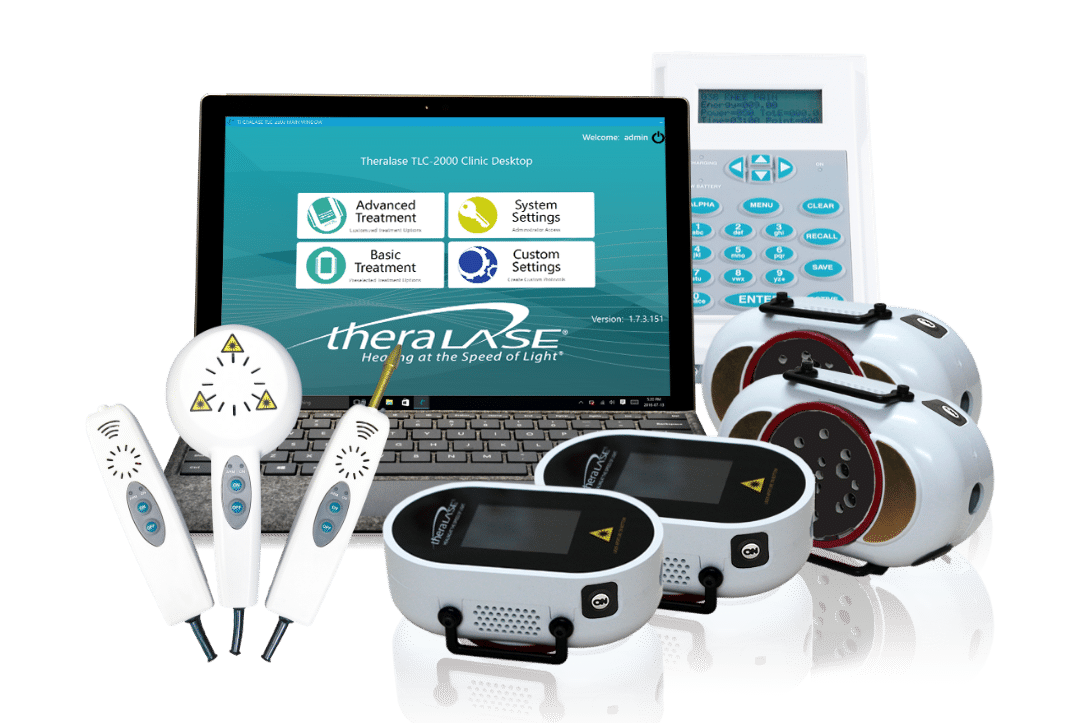
 Analyst André Uddin of Mackie Research says Theralase Technologies (Theralase Technologies Stock Quote, Chart, News TSXV:TLT) is targeting a significant market opportunity and an unmet medical need with its novel therapy for treating bladder cancer.
Analyst André Uddin of Mackie Research says Theralase Technologies (Theralase Technologies Stock Quote, Chart, News TSXV:TLT) is targeting a significant market opportunity and an unmet medical need with its novel therapy for treating bladder cancer.
In a coverage launch on Wednesday, Uddin rated Theralase a “Speculative Buy” with a 12-month target of $0.80, representing a projected return of 256 per cent at the time of publication.
Theralase is a drug and device development company that is currently working on a photodynamic therapy (PDT) for treating BCG-unresponsive non-muscle invasive bladder cancer, now having initiated a single-arm Phase II clinical trial.
The company also has a legacy business segment marketing its proprietary cool laser therapy devices for pain and inflammation management.
Uddin says a Phase Ib clinical study with Theralase’s PDT was completed and showed early promise and the analyst contends that with positive data on its Phase II trial, Theralase should be in a position to apply to the US FDA for approval with its PDT.
The analyst says a positive outcome from the trial should create significant shareholder value.
“We recently spoke with three key opinion leaders (KOLs) to discuss Theralase’ PDT, including one US urologist who consulted on the FDA’s guidance, one Canadian urologist who was directly involved in achieving BCG approval by the FDA for treating bladder cancer and another Canadian urologist,” writes Uddin.
“All three KOLs commented that: (i) the Phase Ib clinical study data looked promising, (ii) the Phase II clinical study was well designed, and (iii) the Phase II clinical study should be sufficient to support an accelerated approval if it could replicate the Phase Ib clinical study results. In terms of competitive landscape, the two Canadian urologists were more bullish on Theralase’s PDT than other treatment modalities (such as PD-1 inhibitors) due to their safety and durability issues. The US urologist believed Theralase’s PDT could potentially be used in combination with PD-1 inhibitors to treat BCG- unresponsive NMIBC,” he said.
As Uddin notes, there are about 80,470 new cases of bladder cancer each year in the United States, according to the American Cancer Society, while the Canadian Cancer Society estimates that 11,838 people in Canada will be diagnosed with bladder cancer in 2019 and 141,000 cases expected in Europe in 2020.
Moreover, over the years it has been shown that about 40 per cent of patients become unresponsive eventually to the standard of care treatment, involving a series of intravesical instillations of Bacillus Calmette-Guérin (BCG).
By that factor, Uddin estimates that there would be about 22,530, 3,300 and 39,500 new cases of BCG-unresponsive NMIBC every year in the US, Canada and Europe, respectively.
Based on the competitive landscape and the above estimations for the prevalence of non-responsive bladder cancer —and estimating a launch in 2023— Uddin forecasts that a viable PDT product would capture 25 per cent of the BCG-unresponsive market in the US by 2036. Thus, his US sales estimates are: $6.8 million in 2023, $45.1 million in 2024, $73.2 million in 2025, $101.4 million in 2026 and rising to $281.6 million by 2036.
Correlative estimates for Europe and Canada for 2036 are $88.8 million and $15.0 million, respectively, with the rest of the world markets conservatively estimated at $23.0 million by 2036.
Uddin bases his valuation for TLT on a two-stage, probability-adjusted DCF methodology.
Leave a Reply
You must be logged in to post a comment.





 Share
Share Tweet
Tweet Share
Share




Comment